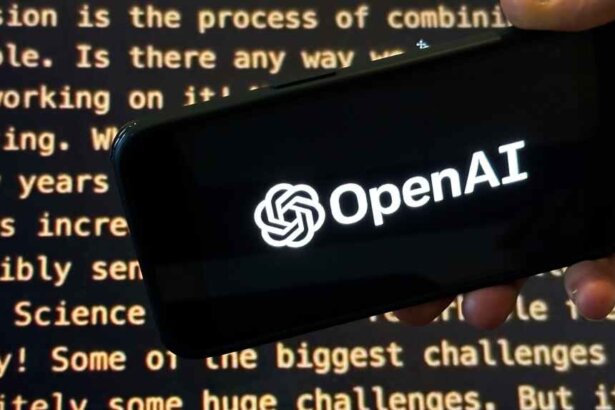OpenAI finds itself embroiled in controversy, facing lawsuits over its use of copyrighted materials in training its cutting-edge AI models. The crux of their defense? Essentially, they claim it’s an imperative rather than a choice. But is this justification truly valid?
The Quandary of LLMs and Copyrighted Content
The heart of the issue lies in the large-language models (LLMs) that power AI systems like ChatGPT. These systems rely on vast data repositories sourced from online content to refine their understanding and capabilities. However, this reliance becomes a legal gray area when copyrighted material comes into play.
The New York Times’ lawsuit alleges that OpenAI, alongside Microsoft, leverages the Times’ copyrighted content to develop products without permission or compensation, sparking a heated legal battle. Furthermore, prominent authors like John Grisham and George RR Martin have also joined the fray, accusing OpenAI of substantial and systematic copyright infringement.
OpenAI’s Defense: Fair Use and Indispensability
In a presentation to the House of Lords, OpenAI didn’t refute using copyrighted materials but rather asserted that it operates within the confines of fair use. They argued that due to the ubiquitous nature of copyright covering a vast spectrum of human expression, training contemporary AI models sans copyrighted content is simply unfeasible.
The core contention pivots on the assertion that restricting training data solely to public domain content from over a century ago would yield inadequate AI systems, incapable of meeting present-day demands. However, critics find this argument unconvincing, likening it to a criminal justifying an unlawful act for personal benefit.
Fair Use: Legality vs. Ethics
Central to OpenAI’s stance is the claim that employing publicly available internet content for AI model training falls under fair use, aligning with established legal precedents and enjoying support from various academic, commercial, and societal entities. However, this defense doesn’t placate concerns regarding creators’ rights or ethical implications.
OpenAI maintains that their compliance with copyright laws extends to various regions globally, emphasizing its necessity for innovation and national competitiveness. However, their confrontational approach towards lawsuits, such as countering the New York Times’ claims of manipulating AI models, raises questions about their accountability and ethical standards.
Seeking Resolution or Post-Factum Arrangements?
In an effort to address the ongoing legal turbulence, OpenAI purportedly aims to create mechanisms allowing content creators to opt out of AI model training. Additionally, they seek partnerships akin to the deal inked with Associated Press, presumably to mitigate future conflicts. Yet, some perceive this as a strategy geared towards seeking forgiveness rather than securing prior authorization.
In essence, while OpenAI’s reliance on copyrighted materials for AI model training remains a contentious issue, the battleground spans not only legal intricacies but also ethical considerations regarding creators’ rights and the integrity of AI development practices. The path forward for OpenAI necessitates navigating these intricate intersections amid an evolving landscape of technology and intellectual property rights.
Would you like more details on any specific aspect of the situation?
